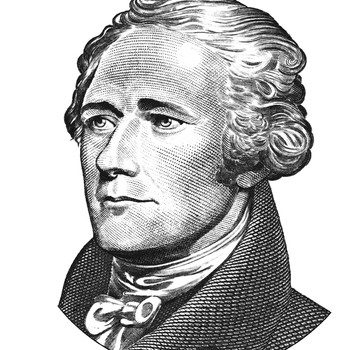How did imperialism and nationalism lead to WW1 and what part did they play in the war?
1 Answer
Imperialism and Nationalism
Explanation:
At the beginning of WW1, nationalistic views and ideologies were rampant in Europe. The idea that "I am better than you because of my nationality" was a common ideology to have. Imperialism also was rampant, European colonies were setting up shop in Africa and Asia. Exporting goods and gaining the profit when they were sold. This built up tension in Europe. The idea of the glory of war and dying for your homeland was a tantalizing feeling. The fact that WW1 was completely started by the assassination of the Archduke by the Serbian nationalistic group "The Black Hand" is debatable. Most historians say that even if the assassination failed, something else would've happened and countries would started blaming each other and war would have happened either way. So the military and citizens volunteered to fight for their country (remember "glory of war") and WW1 started. Recruitment was not necessarily a problem for a lot countries, but they advertised like crazy. Austria-Hungary even sent out recruitment posters in 15 different languages. Overtime though morale started breaking down and people just wanted the war to be over. Millions have died and the Allied powers just got America into the war so there were more and fresh troops. So the Central powers morale and military were depleted and wounded. So after 4 years, the Central powers gave up.

